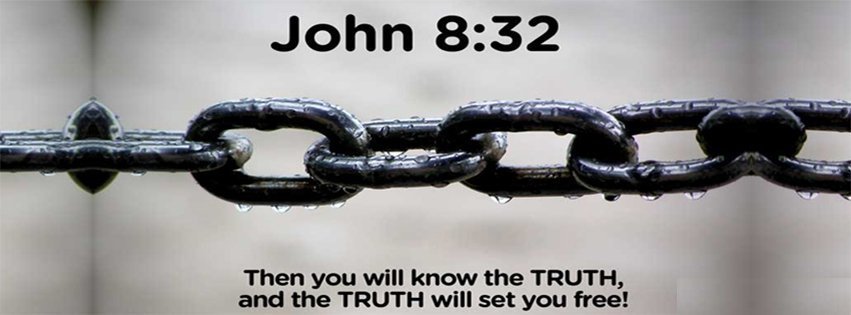I recently saw a tweet that said, “when God asked Job, ‘where were you when I laid the foundations of the world?’ Job’s response should have been, ‘where were you when I was being tortured by Satan?’” For some people the very thought of replying to God in that way is offensive, but this reaction sheds light on some of the most basic ways that we read the bible. One of those is the possibility that the “God” character in the Old Testament, is not always the person in the story who is revealing to us what God is like. When we take this possibility into account we see that at it’s deepest level the cry of Job and Jesus are the same, “my god, my god, why have you forsaken me?”
The two examples I use most often to highlight this principle are, Abraham’s willingness to sacrifice his son Isaac, and Moses’ willingness to sacrifice himself for his tribe. In these stories God is asking or threatening something that we know is not in harmony with who God has revealed himself to be in Christ. In the Abraham story, he is asking for a child sacrifice, and in the Moses story he is threatening to destroy his chosen people. In both cases it is often taught that God was testing these men, and Abraham passed the test through obedience, and Moses through intercession; but this does, and should, seem “not quite right.”
It feels wrong because we impose a mistaken understanding of what it means to test someone. When the bible says that God has said or done something to “test” someone, it doesn’t mean that their response to the test is going to determine God’s thoughts or feelings about the person. Adam and Eve failed the test of the trees. This does not change God’s attitude toward them, but it does change their attitudes toward God. God is still seeking after them, and they’re the ones that have chosen to hide from him. Jesus shows us that God is a loving father, whose arms are eternally open towards his creation. We are the ones who turn away, and experience the separation either as a bitter memory of a life we’ve left behind, or a cruel joke that could not possibly have ever been true.
What does this all mean for Job? Greg Boyd has a terrific sermon in his series of messages titled “Twisted Scriptures” that can help us see the connection. In this series he points out popular stories from the bible that people often interpret in the totally opposite way that they were intended. Greg points out that the most commonly quoted passage from the book of Job is the twenty first verse of the first chapter which states, “The Lord gives and the Lord takes away.” Now the book is written to show us, what Jesus will point out later, that Satan is the one who seeks to steal, kill, and destroy, and not God; but we, like Job, embrace the exact opposite view, that it is God “taking away” what we value most.
God’s speech to Job at the end of the book is often held up as a general response to mankind in the midst of suffering. What many hear as a beautiful declaration of God’s power, others hear as a grandiose command to pay no attention to the man behind the curtain. A command that is eerily similar to Job’s friend Elihu, but that is intentional. It functions in much the same way as God’s interactions with Abraham and Moses. This is not God’s response to our suffering. His response to our suffering is the same as it was for the Israelites trapped in the land of Egypt. He hears the cries of his people, and he moves heaven and earth to deliver them from their bondage. It is no coincidence that God reminds them of this as an introduction to the ten commandments, “I am the Lord your God, who brought you out of the land of Egypt.”
That promise still stands for us today. If we cry out to God, in the same way that the Israelites did in the land of Egypt, in the same way that David did in the twenty second psalm, and in the same way that Jesus did while on the cross, he is faithful to hear our cries and deliver us from our suffering. In reality Job’s cry is a mirror image of Jesus’ words, “my god, my god, why have you forsaken me.” This is what we feel when we are experiencing tremendous pain. God’s response to genuine cries of suffering like that of Job and David, is not, how dare you question me; but instead, “I have heard your cries, I have seen your tears. I will surely heal you…you will go up to the house of the Lord.”
.


